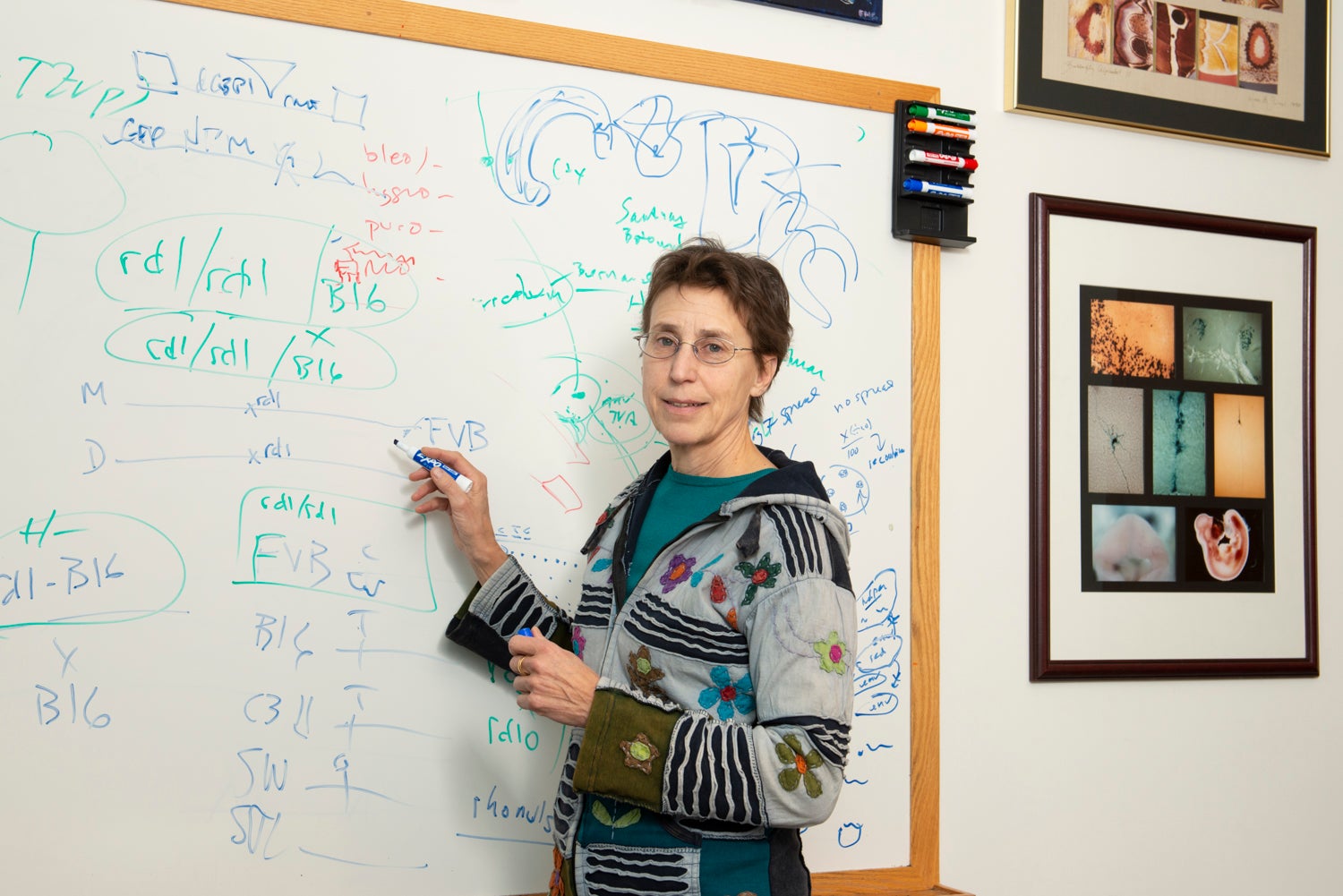Investigator, Howard Hughes Medical Institute

As our brains and bodies develop, how do cells choose their fates? What makes a cell become a photoreceptor in the retina, or one of the many other cell types in the retina, or a cell in a totally different brain region? Also, what goes wrong when neurons degenerate and how might we help reverse or attenuate that degeneration?
The Cepko lab is devoted to addressing these questions, using the vertebrate retina as a tractable model for the rest of the central nervous system. One large portion of the research effort is focused on discovering the mechanisms underlying cell fate determination. Another is focused on determining why photoreceptors cells die in many forms of retinal degeneration, in order to develop gene therapy approaches that prevent the death of these retinal neurons. Such research has the potential to preserve vision in those impacted by a variety of disorders, including retinitis pigmentosa and age-related macular degeneration. The lab also develops new technologies that enable these studies and can be used widely in the biomedical science community. For example, viruses that trace synaptically connected cells, and nanobodies that enable cell type specific manipulations, have been developed.
Comprehensive genomics approaches and in situ hybridization have been used to characterize genes with dynamic temporal patterns to better determine which genes are candidates for playing a role in cell fate determination. These data include profiles of tens of thousands of single retinal cells as well as chromatin structure. The roles of transcription factors, as well as the sequences upon which they act, are being investigated to define the gene regulatory networks that lead to cell fate decisions.
